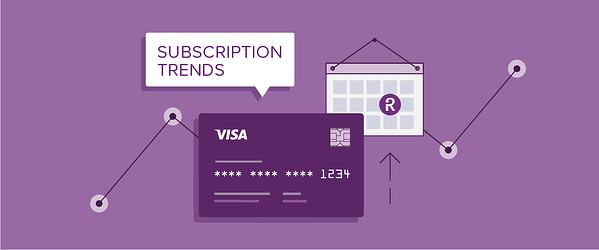You CAN Take it With You: New Rules for Cross-Border Streaming in the EU

The modern world is increasingly connected and mobile. Our devices are ‘always on’ and give us 24/7 access to all things digital for work and play. Whether you want to watch movies or TV on your iPhone on the bus, or stream your favorite playlist, or listen to the latest hip podcast while on the go—anytime, anywhere access is what it’s all about.
In Europe, it’s a different story where travel frequently involves crossing borders. If access to streaming services is limited to one’s country of residence, that presents a problem. But that’s changing. European Union residents with paid subscriptions for online content services such as Netflix, Amazon Prime, and Spotify will now be able to access those services when travelling to another EU member country, for a “limited period of time” (which has yet to be defined). E-book services, sporting events, and other TV broadcasts are also included in the rule change which will go into effect in early 2018.
The updated policy is part of European Commission’s broader Digital Single Market (DSM) strategy which states that, “enhanced use of digital technologies can improve citizens' access to information and culture, improve their job opportunities… and promote modern open government.” The strategy also seeks to “enhance Europe's position as a world leader in the digital economy.”
In addition to opening up access to digital services, the DSM is also banning mobile roaming charges as of June 15, 2017, which will undoubtedly encourage even greater use of online digital content services and demand for cross-border portability.
Video on Demand (VOD) is indeed big business in the EU, with more than 30 million subscribers in Western Europe in 2016—according Digital TV Research Limited, as reported in BCG. Those 30 million generated $5.8 billion in revenue according to Boston Consulting Group. By 2021, VOD subscribers are expected to top 55 million.
In support of the ever increasing viewership of VOD services is new investments in cloud infrastructure. CEO Scot Farguhar of enterprise software company Atlassian announced their plans to invest in this infrastructure in a recent keynote address, citing the need for improved performance and reduced latency. Europe accounts for 40% of Atlassian’s revenue ($160 million), and in Farguhar’s view, the European cloud market is huge. Other cloud industry mainstays such as Oracle are following suit and upping their investment and reach in Europe.
And the expansion and ‘upscaling’ of the cloud is not only in response to consumer demand. Businesses too increasingly choose the cloud over new, expensive hardware to run core business applications, especially those with data centers and complex applications which require computation power.
Of course, many if not most of these services are monetized via the subscription model, which has transformed our access to digital media and technology. To effectively run a business based on subscription revenue requires dedicated software to support and manage subscription billing and recurring payments.
For a guide on choosing a subscription platform, click the image below to download our new e-book, Blueprint for Subscription Success.


